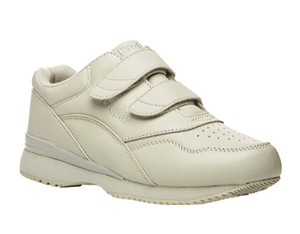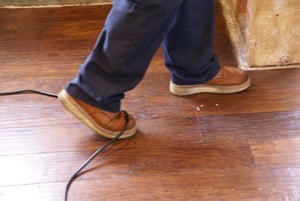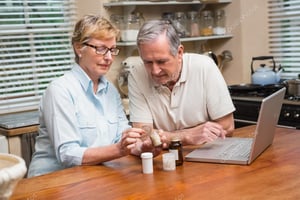According to the Centers for Disease Control and Prevention, one out of three older adults falls each year. Falls are the leading cause of both fatal and non-fatal injuries, sending millions of elderly people to emergency rooms and hospitals. Older adults can reduce their risk of falling by taking these steps: (Especially during these slippery and icy cold months)
Wearing Sensible Shoes
- Avoid high heels, be sure to tie shoe laces, replace slippers that are too loose, and aim to have shoes with non-skid soles.
Having Your Eyes Checked Regularly
- It is advised to get your eyes checked once a year and wear glasses if needed.
Discussing Preventative Measures with your Doctor
- Review any prior medical history to see if you may be prone to falls - dizziness, lightheadedness, shortness of breath, etc.
Removing Hazards in the Home 
- Any obstacle such as phone cords, loose rugs, electrical wires should be taped down, secured, or removed all together. Add non slip mats in your bathroom/shower as well as applying non skid wax to any slippery surface in your home.
Use Common Sense
- Always a smart safe choice to stay at home during snowy and icy conditions.
Being Physically Active
- Any regular physical activity can go a long way in improving balance, strength, coordination, and flexibility.
Review Your Medications
- Check your medications to see if potential side effects may increase your risk of losing your balance/falling.
To Read about the Benefits of Technology Use for Seniors: Click Here





